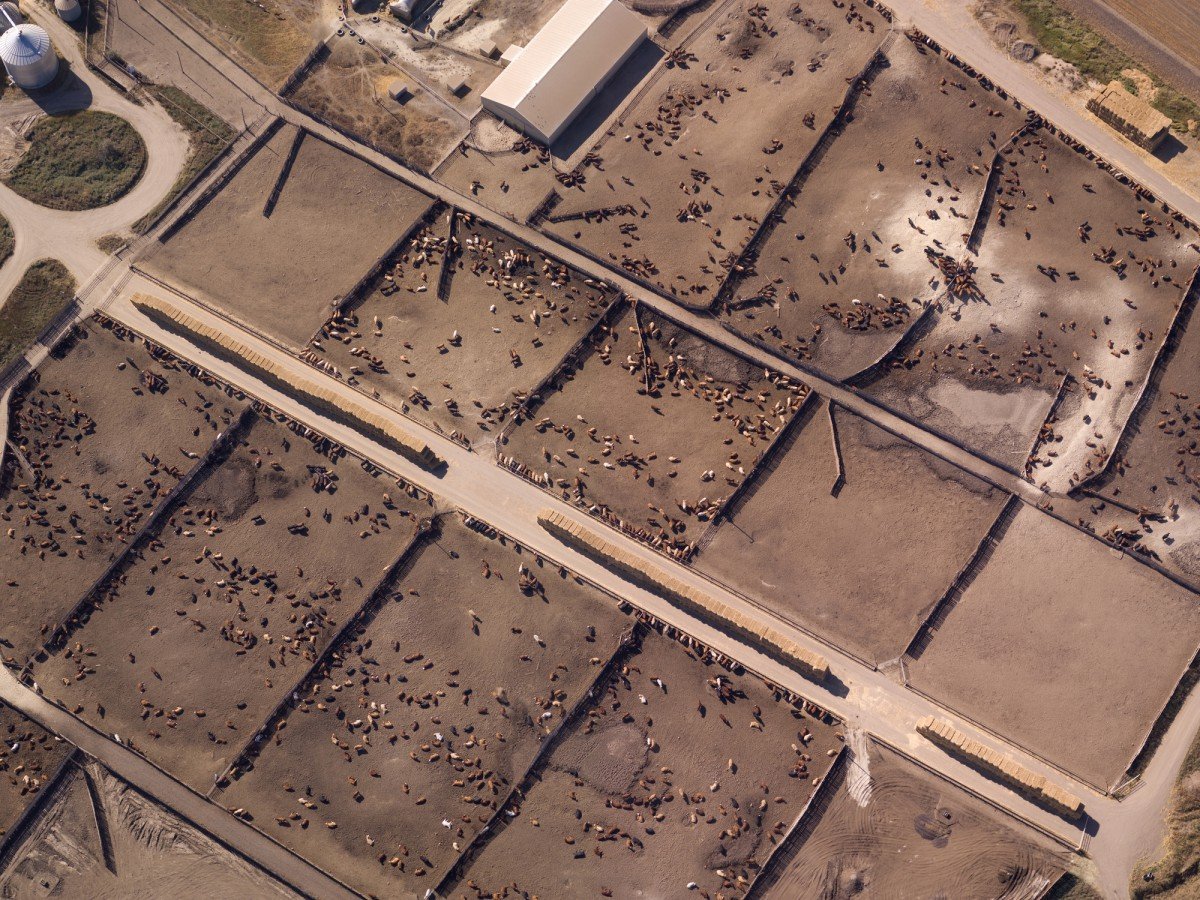Clean meat’s advantages over conventional meat are many and will grow over time

Recently, a study in the journal Frontiers in Sustainable Food Systems concluded that under a worst-case hypothetical scenario, clean meat production could cause more climate change than current meat production—1,000 years from now.
But that’s not how it was reported. A typical headline read, “Cultured lab meat may make climate change worse.”
Well okay, in the worst case scenario and 1,000 years from now.
In fact, the paper makes clear that in every single scenario considered, including the absolute worst-case for clean meat, clean meat is much better for our climate than even the “best” conventional meat production systems for at least the next 100 years—the time when humanity will be most vulnerable to the impacts of climate change.
But it’s actually much better than that for clean meat: If you look at the study’s Figure 1, you can see that three of the four clean meat scenarios show clean meat outperforming all of the conventional meat systems for at least 800 years.
The only scenario where conventional meat outperforms clean meat on climate impacts is based on the worst-case clean meat Life Cycle Analysis (LCA), and even there clean meat is better for 100-400 years, depending on which of the conventional systems you choose.
So again, in every single scenario, clean meat is better for the climate for at least 100 years, even comparing the best conventional meat system to the worst clean meat scenario.
But even beyond that, it is important to note that the paper relies on clean meat production scenarios that are not representative of manufacturing at scale. For example, the existing clean meat LCAs (used for this paper) assess worst-case direct energy consumption but do not investigate how the newly available land could be utilized.
Clean meat production will use a tiny fraction of the land required for livestock—approximately 1/100th the land—and that freed-up land could be used for clean energy production and carbon sequestration. By freeing up so much land, clean meat production should actually be a significant net positive for climate change.
A further advantage for clean meat production over conventional meat is the ability to co-locate clean meat production facilities with carbon-neutral energy sources. This is already being done by plant-based meat companies. For example, the makers of Tofurky have their production facility in the Columbia River valley so all their power is renewable hydroelectricity.
And companies such as Black and Veatch, who have decades of experience building large-scale sustainable manufacturing plants, are already doing forward-looking work with clean meat companies, even before production has started to scale up.
Climate change impacts are crucially important, but even if the net climate benefits were not so significant, clean meat production would still be a moral imperative for humanity for many other reasons.
For example, conventional meat production is a major driver of antibiotic resistance. The vast majority of all antibiotics produced today are used in conventional meat production. This widespread use of subclinical doses of antibiotics by industrial animal agriculture is leading to more and more antibiotic-resistant superbugs—infections that already kill between 500,000 and 700,000 people a year. It is estimated that by 2050, these superbugs could cost the world $100 trillion and kill 10 million people annually.
A review by the UK government found that the threat to the human race from antibiotic resistance is “more certain” than the threat from climate change. Dame Sally Davies, the chief medical officer for England, has repeatedly warned that the world faces an antibiotic “apocalypse” in which common illnesses become untreatable and common operations become life-threatening. Clean meat production won’t require antibiotics, thus protecting humanity from that existential threat.
Additionally, the excessive land use by conventional meat production is leading to rainforest destruction and accelerating species extinctions, and the fertilizer requirements and farm runoff are a top contributor to ocean acidification and the massive dead zones that are destroying aquatic ecosystems. All of this will be greatly mitigated by clean meat production methods.
Of course, as biotechnology and clean energy advance, clean meat production will become more and more efficient, and thus further address all of these pressing problems. This is in part why GFI is funding more clean meat research—to accelerate improvements in efficiency.
Conversely, conventional meat production can’t get too much more efficient and will continue to cause diverse and widespread harms. This is why every objective analysis has called out the harms of conventional meat production.
Every company pursuing clean meat is doing so to make the world a better place. They are motivated to decrease climate change; improve food security, safety, and sustainability; safeguard human health; and create a more humane means of feeding humanity.
These are GFI’s goals as well, which is why we are looking to identify areas potentially needing extra attention and research. As part of this, GFI is undertaking a robust and forward-looking LCA in 2019. We know it is obviously much easier to identify and address potential issues as an industry gets started, rather than try to retrofit solutions to established industries with problems.
Because of everyone’s dedication to a better world, clean meat will get ever more efficient and more sustainable. This will occur over the course of decades, not centuries.

